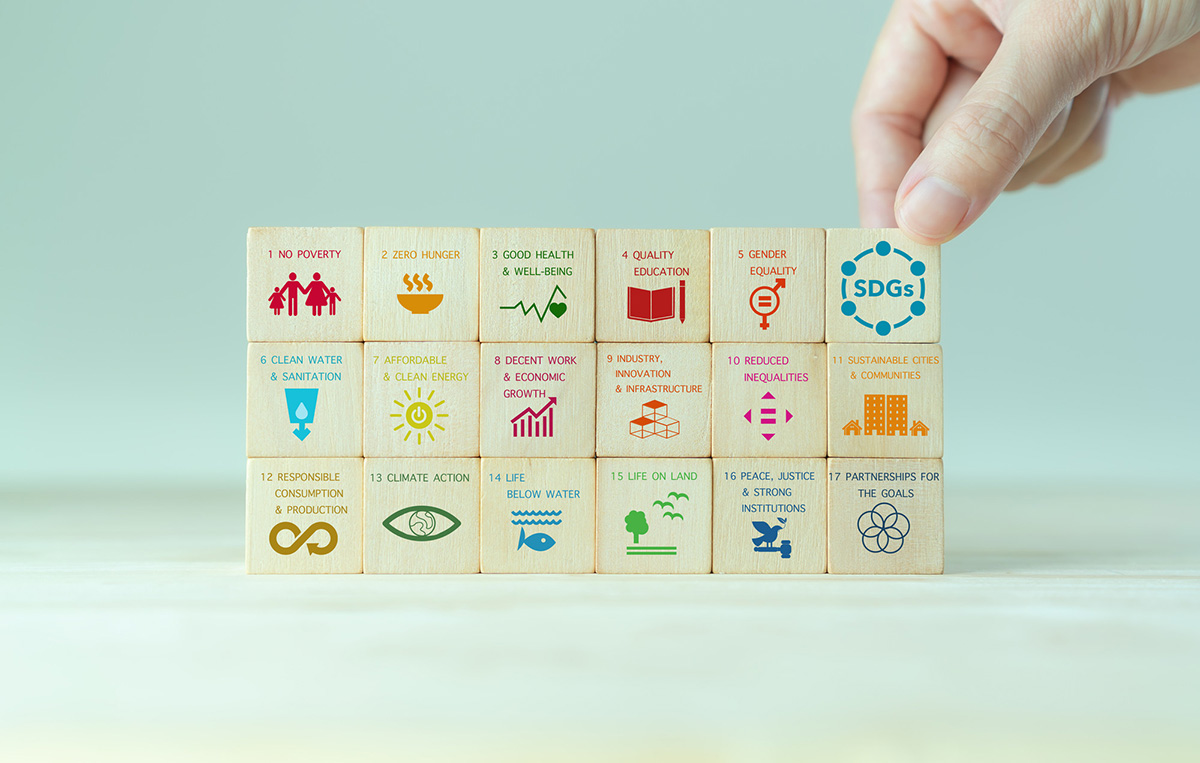NORTHAMPTON, MA / ACCESSWIRE / June 14, 2023 / DOW
We can’t do it alone. The scale of the challenge is too big – and the stakes are too immense – the issue is too complex – for any one company, one organization or even one country to solve this issue.
Later this month, negotiators from 160 countries will meet in Paris to continue work on creating an international legally binding instrument on plastic pollution. Called the Intergovernmental Negotiating Committee (INC), these meetings – which will stretch over the next two years – will play a significant role in shaping how plastics are produced, designed, used, and ultimately managed.
We at Dow – along with many others across industry, governments, and NGOs – support this work and believe such an agreement could help end plastics pollution by accelerating the transition to a circular economy. We all believe in a future where plastics are sustainably produced, designed, used, reused, and recycled, thereby creating new value and greater purpose for plastic waste. In doing so, we will also be able to preserve a critical link in securing a low-carbon economy.
Why Plastic is Important
To understand why these negotiations are so critical, we also need to understand why plastic itself is so important. Without plastic, how would we preserve food and water for people in remote locations? How would we maintain hygiene practices in healthcare?
Plastic not only plays a vital role in life as we know it and our economy, it is also an essential part of our journey toward a low-carbon and circular future. In fact, we can’t deliver a low-carbon future without plastics.
- Plastics offer 2x lower greenhouse gas (GHG) footprint than alternative materials such as metal, glass, or paper. Continued growth in line with GDP through 2050 avoids incremental annual GHG emissions of ~1 GT, equivalent to all current air travel globally.
- Plastics enable innovation in 30% of the global economy across sectors like construction, medical, transportation, and food safety. These plastics are so effective and sustainable, there are very limited substitutes for more than half of these applications.
- Plastics make quality of life better, particularly throughout the food supply chain.
- Plastics help lighten vehicle weight. A 10% reduction in the weight of a vehicle can result in a 6-8% increase in fuel economy and extend the range of electric vehicles (EVs).
- Plastics in the medical industry keep equipment and devices sterile and played a key role in pandemic response.
- Plastics are integral to manufacturing solar panels, wind blades or EVs.
The Scale of the Challenge
The challenge we all face, however, is how we manage plastics waste. Much of the plastic used around the world goes unrecovered after use and today very little that can be recycled is recycled. North America, for example, has a plastic recycling rate of only 11 percent, the lowest regional recycling rate in the world. China and SE Asia recycle plastics at a 20 percent rate, developed Asia is at 26 percent, and Western Europe is at 32 percent.1
Not all countries are starting their efforts to solve the problem from the same spot. Many developing countries, for instance, are struggling with inadequate recycling infrastructure for ALL materials while others – due to political or economic instability – lack the capacity to enact national policies.
Poorly managed plastic waste not only denies us a valuable recycling resource, but it can also contribute to environmental and ecological challenges.
How We All Win
Many organizations – including Dow – have significantly increased their work to end plastic waste and accelerate a more circular economy. Dow has more than 20 active partnerships, for example, and has deep commitments to help solve this issue and deliver circular economy solutions. As part of our sustainability targets, for instance, we intend to transform the waste to deliver three million metric tons per year of circular and renewable solutions by 2030.
Dow has been innovating solutions to enable packaging recyclability and partnering to build materials ecosystems to increase the value of waste and build new systems to collect, reuse, and recycle waste. This in turn will allow us to scale our ability to produce circular and low-carbon emission solutions.
But we can’t do it alone. The scale of the challenge is too big – the stakes are too immense – the issue is too complex – for any one company, one organization or even one country to solve this issue.
It Takes All of Us
In our view, the world needs an effective and implementable agreement that supports the national implementation of ambitious and realistic targets. A Global Plastics agreement – if constructed well – offers the world a unique opportunity to build a more effective circular economy and stop plastic pollution while also recognizing the valuable role plastic plays in creating a low-carbon future.
An effective agreement would:
- Incentivize investments that enhance and improve waste management capabilities – many governments around the world need help developing and funding national waste management plans that would effectively collect, sort, and recycle waste – including plastics – and generally improve municipal solid waste management. National plans should include individual targets, rates and dates, as well as monitoring and progress reports, and should evolve over time.
- Advance enabling policies and actions to minimize waste and divert more plastics into a circular economy – an effective agreement will harmonize definitions and metrics around the globe, helping countries enact more effective and measurable targets.
- Recognize essential applications of plastic and its contributions to reducing carbon emissions and achieving the UN SDGs – Dow believes there is a path forward to create a circular economy for plastics and end leakage into the environment, while continuing to preserve the essential benefits this lightweight and efficient material offers, including food waste prevention, sterile vaccine distribution, clean drinking water transportation, energy efficient buildings, solar and wind power generation, and EVs.
We can do this. Working across the value chain – working collaboratively – working in tandem with our many stakeholders – I’m confident we can develop an international agreement that both recognizes the many societal benefits of plastic while also creating a robust future where plastics are sustainably produced, designed, used, reused, and recycled in a circular economy.
Jim Fitterling, Dow Chairman and CEO
1 US EPA, Plastics Europe, Japan Plastic Waste Management Institute, KORA, Australia National Waste Report, China CPRA, Brazil Abiplast, PlastIndia
View additional multimedia and more ESG storytelling from DOW on 3blmedia.com.
Contact Info:
Spokesperson: DOW
Website: https://www.3blmedia.com/profiles/dow
Email: info@3blmedia.com
SOURCE: DOW
View source version on accesswire.com:
https://www.accesswire.com/761317/Creating-Solutions-To-Eliminate-Plastic-Waste
Credit:Source link



